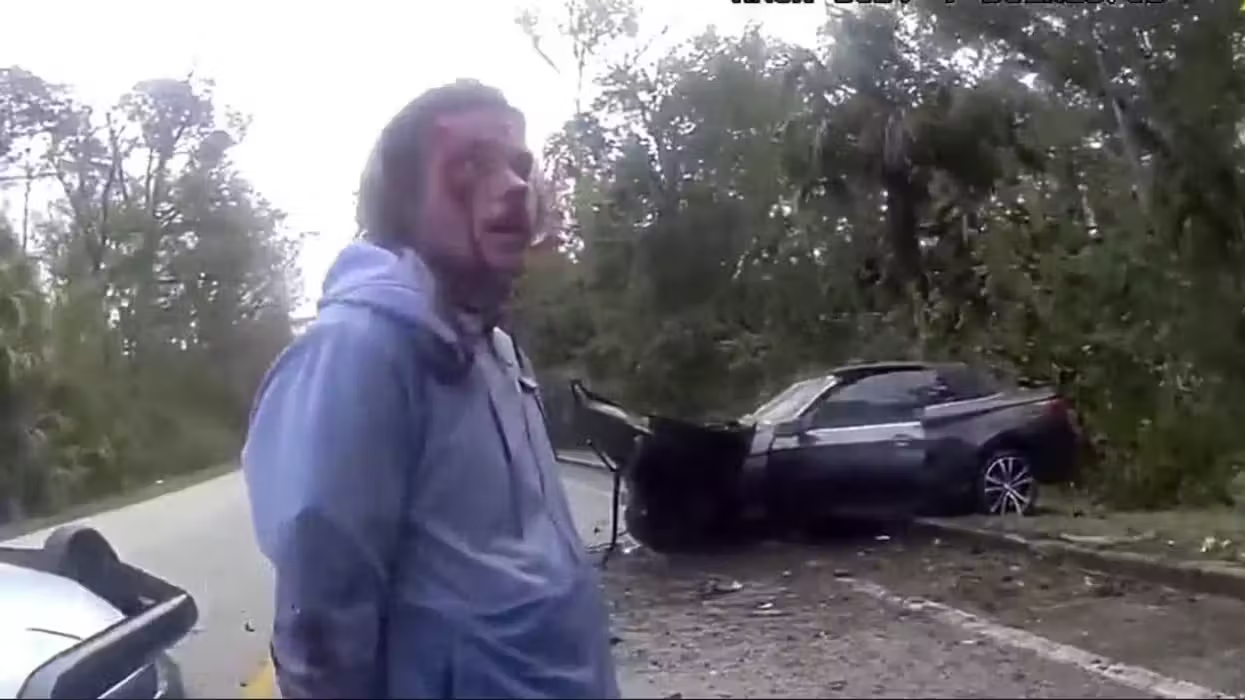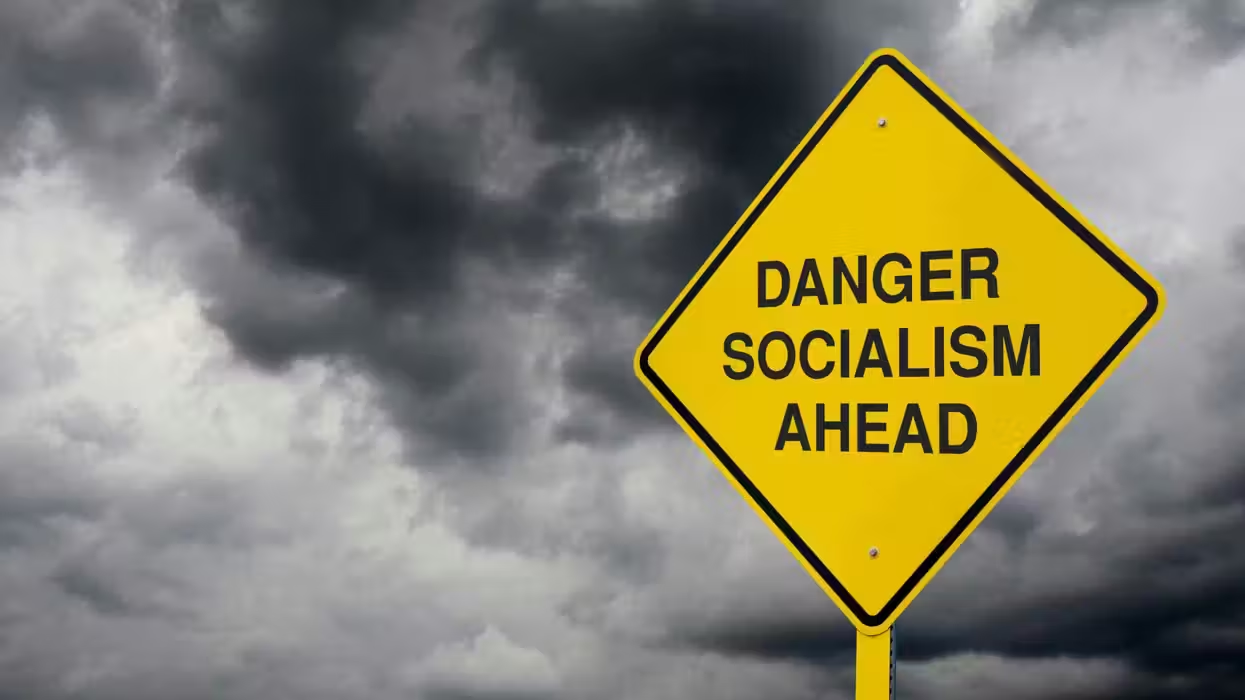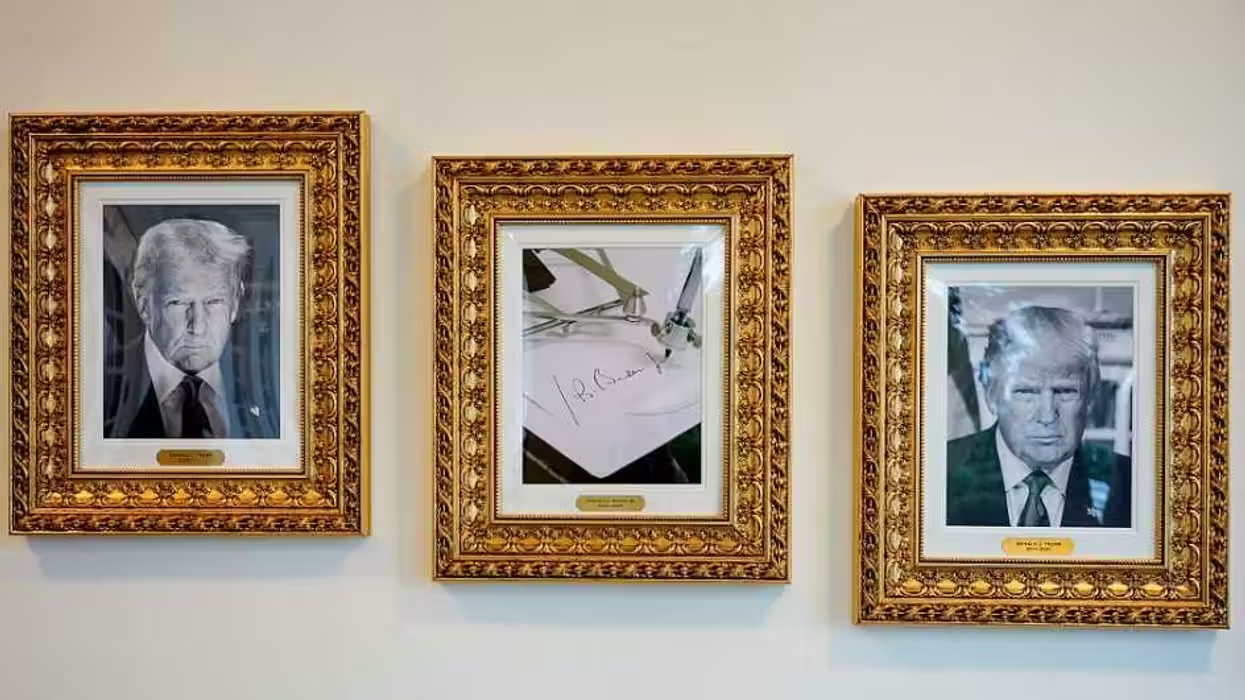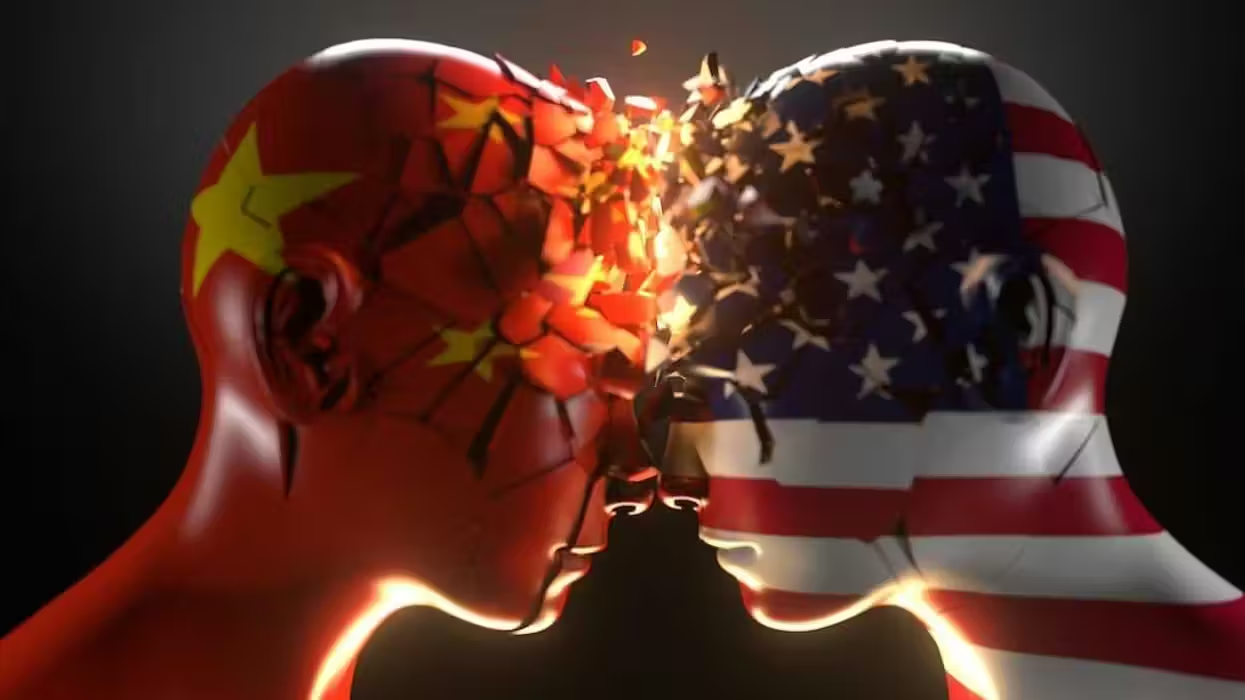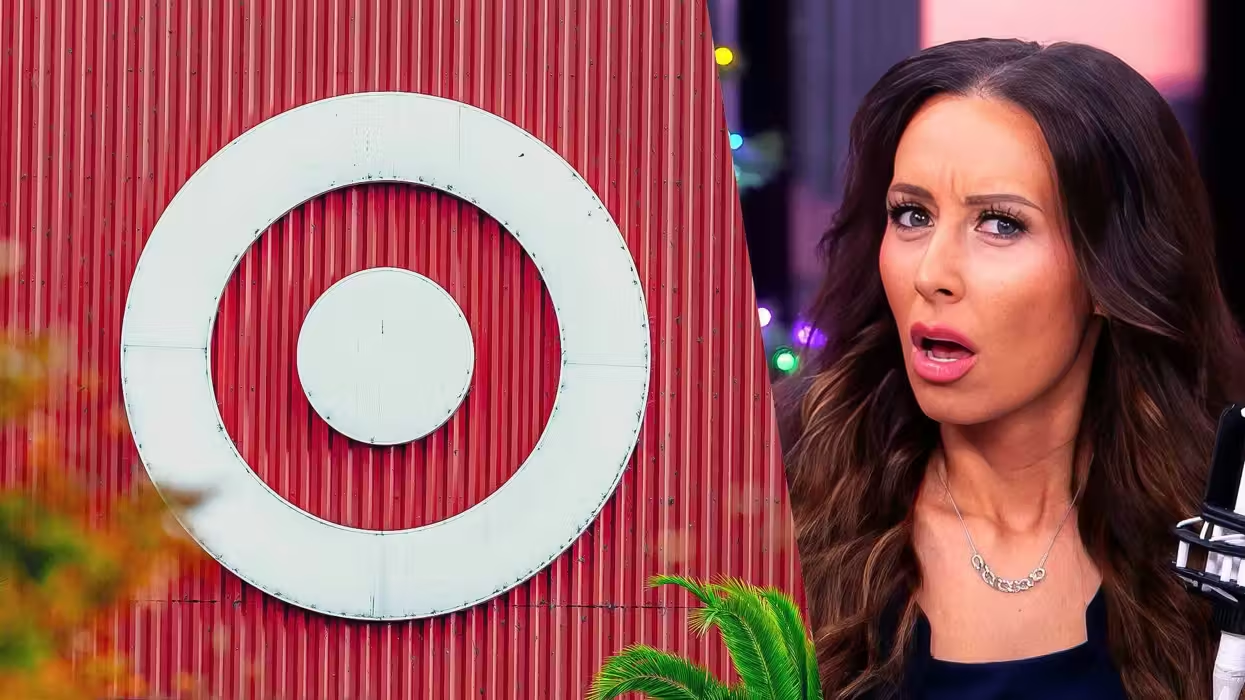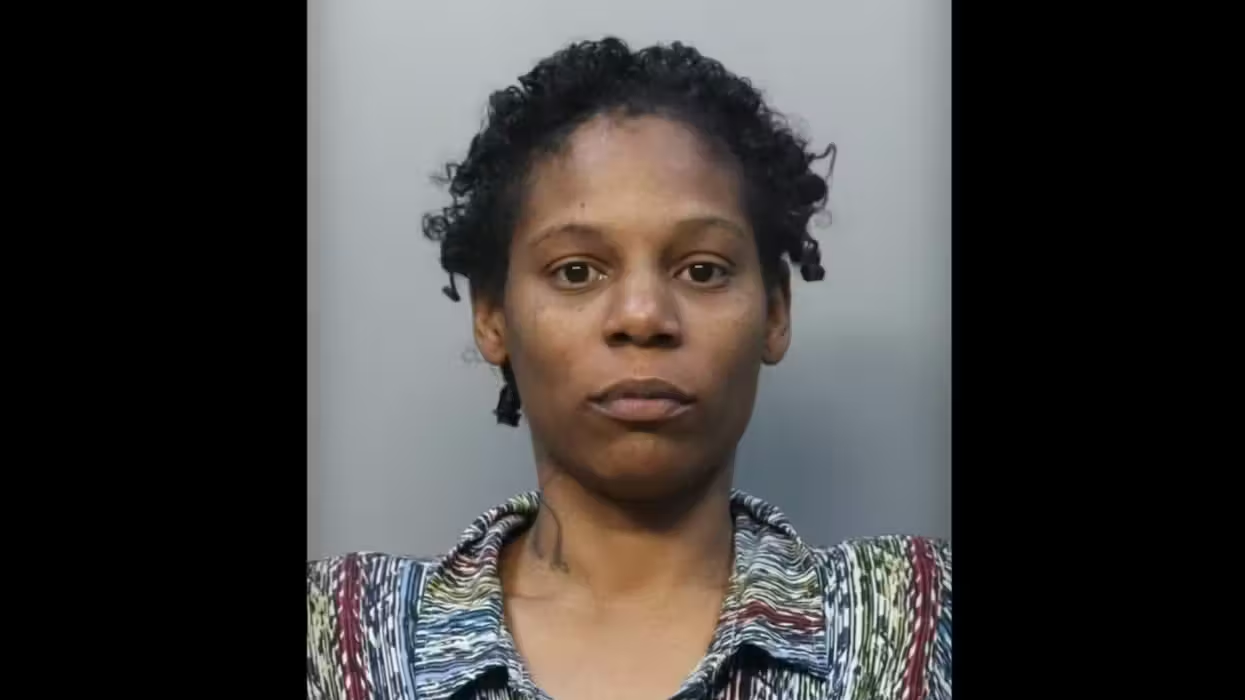Crimea and Sevastopol have voted – albeit a somewhat expedited election under the shadow of Russian troops - to join the Russian Federation, an action condemned by most of the world amid threats of sanctions coming from the United States, the United Nations and the European Union.
But to no great surprise Russian President Vladimir Putin has not yet blinked. And don’t expect him to either. Putin will continue to stand by ousted Ukrainian President Viktor Yanukovich, and he will continue to stand by Bashar al-Assad in Syria, another pariah in the eyes of the United Nations, United States, European Union alliance.
Yet Putin is ready to fight to maintain his country’s support of Ukraine and Syria. There are good reasons for that.
The genesis of the two conflicts are similar in more ways than one; both conflicts involved popular movements brought about by the people who have reached a point where they were simply fed up with the system and where they had nothing left to fear.
 A person enters a booth to complete a ballot at a polling station in Simferopol, Ukraine, Sunday, March 16, 2014. Residents of Ukraine's Crimea region are voting in a contentious referendum on whether to split off and seek annexation by Russia. (AP Photo/Ivan Sekretarev)
A person enters a booth to complete a ballot at a polling station in Simferopol, Ukraine, Sunday, March 16, 2014. Residents of Ukraine's Crimea region are voting in a contentious referendum on whether to split off and seek annexation by Russia. (AP Photo/Ivan Sekretarev)
Yanukovich in Ukraine and Assad in Syria had pushed the people to a point where the social-economic burden became so unbearable that it allowed the people to override the fear factor, triggering the ensuing events.
In Syria, as in Ukraine, or in any of the slew of authoritative countries that controlled their people through a regime of fear, once the government lost that leverage, it became a matter of time before they would lose their grip on the country.
But this is where all similarities between Damascus and Kiev ends as the two countries have taken very different paths. In Ukraine, violent clashes between anti-government demonstrators and security forces forced the president to flee. Assad, on the other hand, fought back, using every weapon in his arsenal.
In Syria Assad refuses to leave even after more than 140,000 people, over 7,000 of them children, have been killed, according to the Syrian Observatory for Human Rights, a London based group.
Both Syria and Ukraine are vital to Russia’s national security because of the role they play in housing parts of the Russian fleet. In Crimea, Russia uses the port facilities at Sevastopol for its Black Sea Fleet, and in Syria, the Russian Mediterranean Fleet uses the port of Tartous.
In both instances Russia would be seriously affected without those two ports. But if Tartous holds strategic importance for Russia, Crimea holds historic value in addition to strategic significance.
 Foreigners living in Ukraine carry their national flags during mass rally in Kiev called 'Ukraine and Crimea are together' on March 2, 2014. AFP PHOTO/ YURIY DYACHYSHYN
Foreigners living in Ukraine carry their national flags during mass rally in Kiev called 'Ukraine and Crimea are together' on March 2, 2014. AFP PHOTO/ YURIY DYACHYSHYN
Kiev, the capital of Ukraine is considered the “mother of all Russian cities.” Ukrainians are divided over the country's alliances. Those living in the western part of the country favor an alignment with the European Union, while those in the east favor a rapprochement with Russia.
Realizing that in the long run Moscow will likely lose Ukraine to Western influence, Russian President Vladimir Putin may decide to reclaim the strategic peninsula in Crimea and perhaps even reverse Nikita Khrushchev’s decision to return the territory to Ukraine after some 700 years of Russian rule.
“Putin is angry, and when angry he can be dangerous,” Martin Sieff, chief analyst for The Globalist and one of the most informed sources on Russia and parts of the former Soviet space, told this correspondent.
For reasons of national security and not to lose face to the West, Putin simply cannot allow the Crimea to fall to the West. That would come on the heels of "losing" Georgia to Europe and to NATO. Not to mention Poland, Hungary, the Czech Republic, Bulgaria, and other former Soviet and Warsaw Pact countries.
 Some of the more than ten thousand of pro-Kremlin demonstrators holding Moscow and St. George flags and a poster depicting President Putin in a naval hat march in central Moscow, Russia, Sunday, March 2, 2014 to express support latest development in Russian-Ukrainian relations. The poster reads : "Sovereignty! Because I Love Russia! V. Putin" (AP Photo/Pavel Golovkin)
Some of the more than ten thousand of pro-Kremlin demonstrators holding Moscow and St. George flags and a poster depicting President Putin in a naval hat march in central Moscow, Russia, Sunday, March 2, 2014 to express support latest development in Russian-Ukrainian relations. The poster reads : "Sovereignty! Because I Love Russia! V. Putin" (AP Photo/Pavel Golovkin)
"For Russia to let go of Ukraine is almost akin to the United States losing Texas," said one observer, who asked that his name not be used.
The analogy may be somewhat of an understatement, as for Russia the loss of Crimea would be more comparable to the U.S. Navy losing all is ports along the Eastern Seaboard.
Finally Putin knows that despite the presence of a number of hawks on Capitol Hill in Washington who are not about to hesitate as they call for firm U.S. action, the U.S. is not about to start a new war over Ukraine.
Claude Salhani is senior editor at Trend Agency in Baku and a political analyst specializing in the Middle East, Central Asia and terrorism. You can follow him on Twitter @claudesalhani.
 –
–
TheBlaze contributor channel supports an open discourse on a range of views. The opinions expressed in this channel are solely those of each individual author.

 A person enters a booth to complete a ballot at a polling station in Simferopol, Ukraine, Sunday, March 16, 2014. Residents of Ukraine's Crimea region are voting in a contentious referendum on whether to split off and seek annexation by Russia. (AP Photo/Ivan Sekretarev)
A person enters a booth to complete a ballot at a polling station in Simferopol, Ukraine, Sunday, March 16, 2014. Residents of Ukraine's Crimea region are voting in a contentious referendum on whether to split off and seek annexation by Russia. (AP Photo/Ivan Sekretarev)

